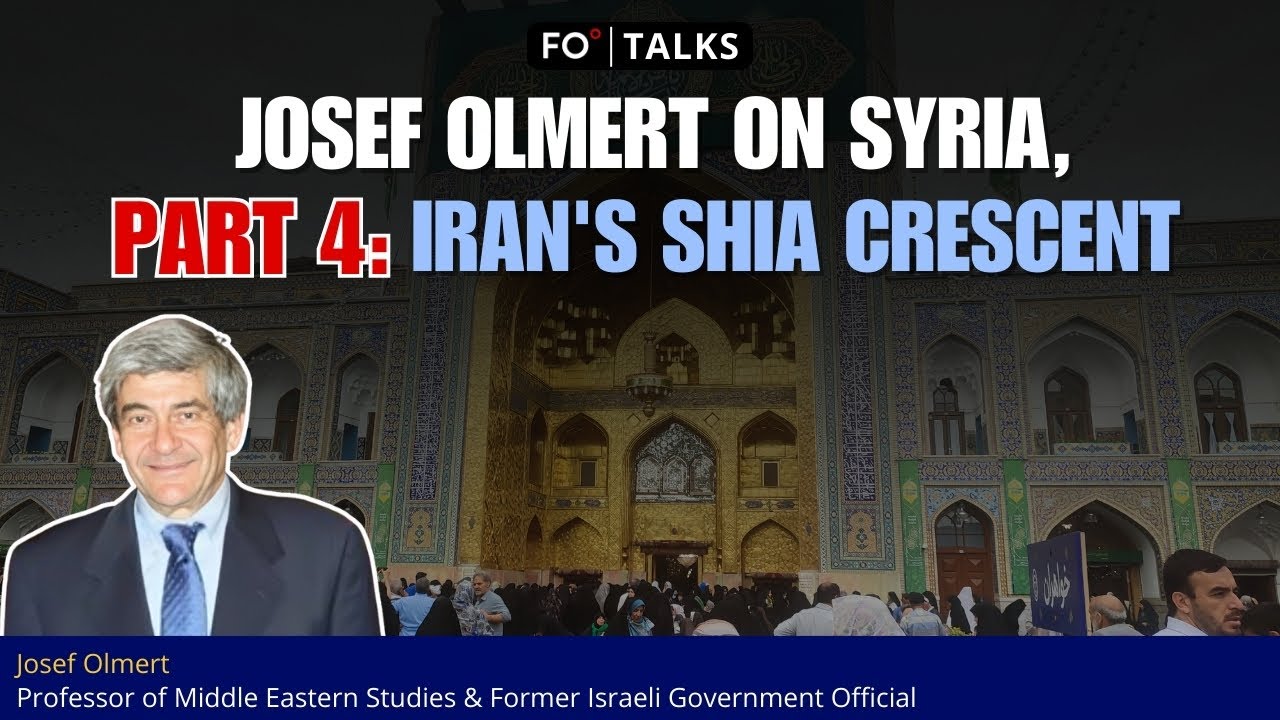In this edition of FO° Talks, Fair Observer Editor-in-Chief Atul Singh discusses the rising tensions between Israel and Hezbollah with Josef Olmert, a professor of Middle Eastern studies and former Israeli government official. Tensions in the region have been rising recently, and Hezbollah chief is warning of a war with Israel with no red lines. Relations between Israel and the United States have also worsened because Israel claims the US is not delivering weapons to support its fight against Hamas in Gaza.
Israeli Prime Minister Benjamin Netanyahu has dissolved his war cabinet due to the departure of two former generals, Benny Gantz and Gadi Eisenkot. The other reason why Netanyahu dissolved the war cabinet is he wants to reassert himself as number one or “supremo” who calls the shots.
Olmert speculates that the policy Netanyahu is enacting is based on his understanding of public opinion polls and expectations from his base. It is becoming apparent that Netanyahu’s base is starting to come back to him. The public opinion polls in Israel could get slightly less than an election. This is becoming a possible trend, and it shows that Netanyahu is starting to pick up votes that he lost to the right wing because he appeared weak.
Hezbollah is ready to rumble
How does all of this affect what is happening on the ground in Gaza? Israel’s assault on the southern city of Rafah is progressing, but the overall format of the situation is still the same. Time is not on Israel’s side. The more fighting goes on, the more pressures will build, and unexpected situations can develop.
Israel risks fighting a two-front war if it does not end its war with Hamas. To the north, in Lebanon, the Shia militant group Hezbollah looms over the border. Israel heavily outguns Hezbollah and defeated them in a 2006 war, but it never succeeded in destroying the group. Hezbollah has maintained its readiness to go to war with Israel. Hezbollah is a close ally of Iran, Israel’s most powerful and implacable adversary.
Israel and Hezbollah have exchanged limited attacks across the border already. Both Lebanon and Israel have had to evacuate citizens in near the border. Israel has tried to kill as many local Hezbollah commanders as possible, and has see much success, but not enough to deter the threat. They have since started to go after specific targets beyond the south of Lebanon. So far, Hezbollah has not backed down.
Iran has been building Hezbollah up in preparation for their big war with Israel. Iran’s message to Hezbollah has been, “We are building you up for the big war with Israel for another time. Don’t waste your opportunity on something that is not important.” Tehran does not seem to want Hezbollah to enter an all-out war over Gaza, but it appears willing to let Hezbollah keep up the threat of one while harassing Israel’s northern border.
Hezbollah is the most powerful armed faction in Lebanon and has long functioned as a quasi-government in the territories it controls. However, the militant group is no longer a defender of Lebanon's territorial integrity. Instead, it appears willing to compromise Lebanon’s security in order to punish Israel. Its leaders see it as the power that will be used against Israel whenever they do something in Gaza or wherever else. So far, they have exercised this power only in limited strikes.
There may come the day when Israel says enough is enough in the north, and they have the ability to cause immeasurable destruction.
[Liam Roman wrote the first draft of this piece.]
The views expressed in this article/video are the author’s own and do not necessarily reflect Fair Observer’s editorial policy.





































Comment